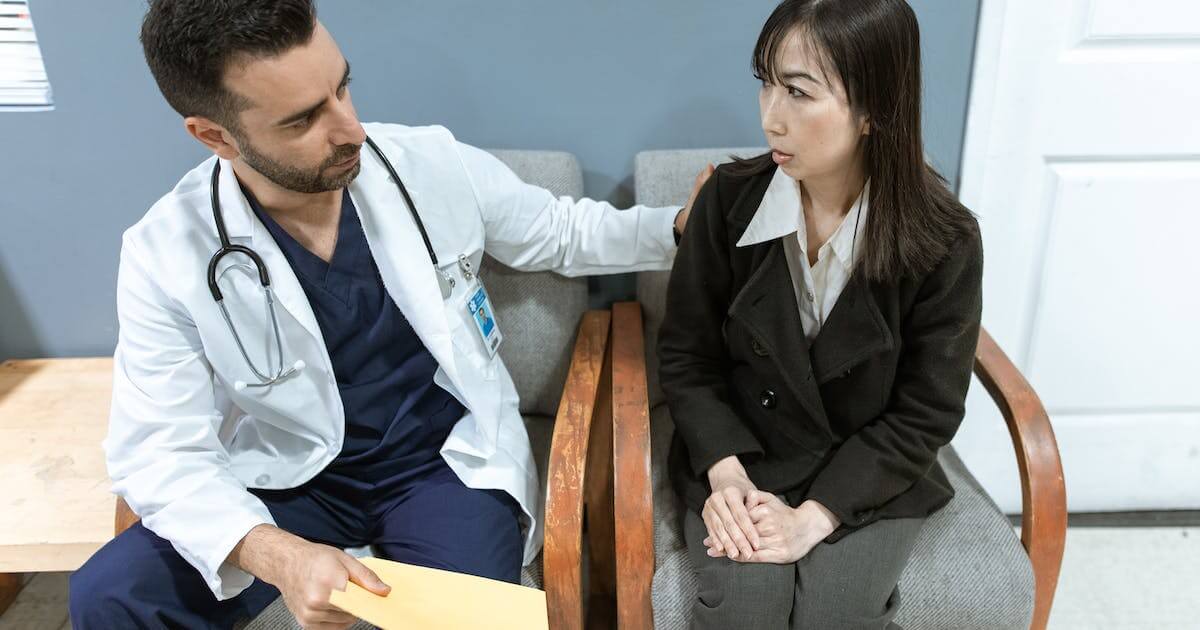The journey to sobriety is a transformative experience that is worth the effort you put in. However this can be hard to see in the beginning. At first, the road to recovery can feel long and tedious, with no end in sight. It can help to break things down and focus on one part of the journey at a time. For the majority of people, detox is the first step in the healing process.
While detox is an essential component of recovery, the withdrawal process can present physical and psychological challenges that require professional support and guidance. Fortunately, you can receive around-the-clock support from a medically supervised detox center. Medical detox offers a safe and supportive environment for individuals to begin their path towards a drug-free life.
What is Medically Supervised Detox
Medically supervised detox is a structured process designed to manage the withdrawal symptoms that occur when someone stops using drugs or alcohol. It involves the oversight of medical professionals, including doctors, nurses and addiction specialists, to ensure the safety and comfort of individuals during the withdrawal period.
On average, medical detox lasts five to seven days. During this time, the body rids itself of toxic and addictive substances. You will be monitored this entire time and given medications to decrease cravings and alleviate withdrawal symptoms. Detox alone is not addiction treatment, so you will need to plan to enter a treatment program once detox is complete.
You are a good candidate for medical detox if you:
- Have been using a substance regularly in large amounts
- Requiring a larger amount of a substance to achieve the usual effect
- Craving a substance when you don’t have access to it
- Tried to quit at one point but were unsuccessful
- Are suffering negative effects (i.e., financial troubles, relationship problems, health issues) from substance use
The Importance of Medical Supervision in Detox
Medical supervision plays an important role in the detox process. By being supervised by trained professionals, you can expect:
Safety and monitoring
Supervised detox provides 24/7 monitoring by trained professionals who can manage any potential complications that may arise during the withdrawal process. This ensures your safety and well-being as you undergo detox.
Not only can withdrawal symptoms be intense, but also some can be fatal. Detoxing from alcohol, for example, can cause life-threatening seizures and delirium tremens (DTs). Without medical supervision, you’ll have to endure painful withdrawal symptoms on your own.
Medication-assisted treatment (MAT)
Medical professionals may administer medications to alleviate withdrawal symptoms and reduce cravings. This can significantly ease the discomfort experienced during detox, making the process more manageable.
At this time, the medicines used in medication-assisted treatment are best for treating opioid use disorders (OUDs) and alcohol use disorders (AUDs). The FDA has approved three medications for treating OUDs: methadone, buprenorphine and naltrexone. The most common medications for treating AUDs are acamprosate, disulfiram and naltrexone.
Individualized care
Healthcare professionals tailor the detox program to suit each person’s specific needs. They assess the severity of addiction, overall health and psychological factors to create personalized treatment plans. This ensures that you receive the right level of care for your needs, raising the chances for success.
Addressing dual diagnosis
Medically supervised detox is equipped to address co-occurring mental health issues alongside substance abuse. It’s estimated that nearly half of people who have a serious mental illness also have a co-occurring disorder, making this a common occurrence. An integrated approach ensures comprehensive care for individuals dealing with dual diagnosis conditions.
Managing withdrawal symptoms
Withdrawal symptoms can range from mild to severe. Under medical supervision, professionals can employ strategies to minimize discomfort, monitor vital signs and intervene if symptoms become challenging. Furthermore, medical detox prevents complications, such as seizures and dehydration.
Transition to ongoing treatment
Medically supervised detox serves as the initial phase of a comprehensive treatment program. When completed, you can transition to further treatment, such as therapy, counseling or residential programs, to address the underlying causes of addiction.
Reduce relapse risk
Supervised detox, when followed by continued treatment, helps reduce the risk of relapse by providing a solid foundation for ongoing recovery. Without this supportive setting, it’s much easier to turn back to drugs or alcohol to alleviate uncomfortable withdrawal symptoms.
Medical Detox in Santa Rosa CA
Medically supervised detox is an essential and critical step in the journey towards overcoming substance abuse. It provides a safe, supportive and medically managed environment where you can navigate the challenging initial phase of withdrawal.
Pura Vida Recovery has a detox center with medically supervised detoxification and 24/7 staff monitoring. We ensure that all clients are kept safe and comfortable during this process. To learn more about detox and treatment services, contact Pura Vida today.





